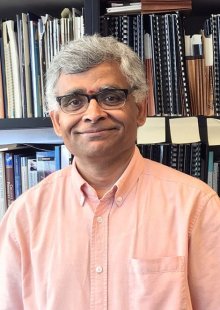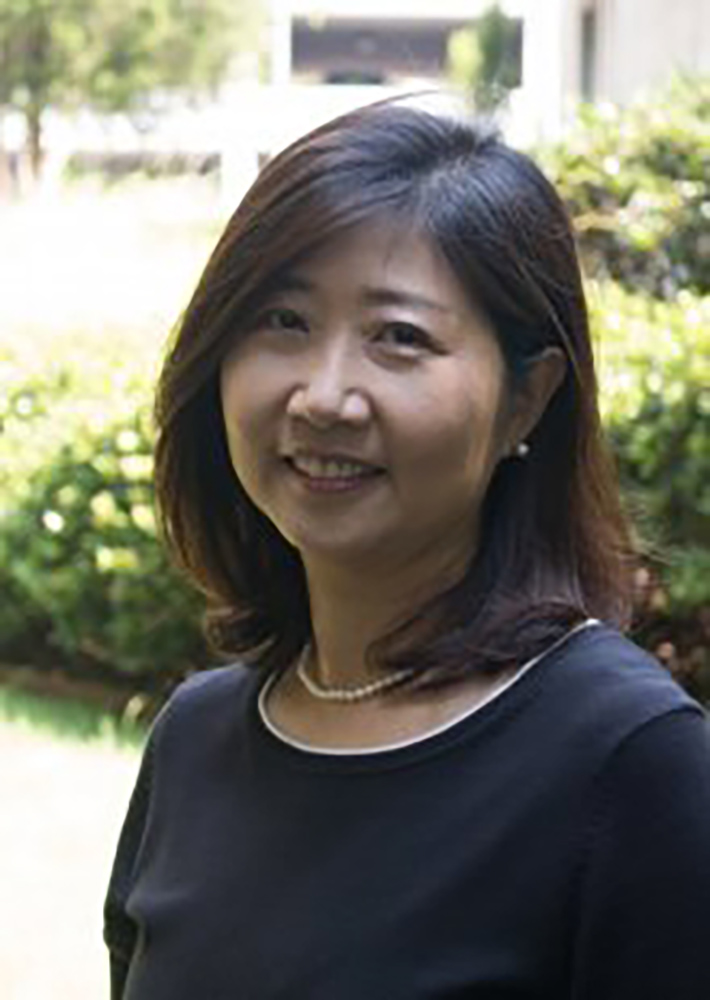

The National Institute for Occupational Safety and Health (NIOSH) has selected Dr. Sungmee Park and Dr. Sundaresan Jayaraman as one of nine winning teams for Phase 2 of the Respirator Fit Evaluation Challenge.
Teams from around the nation compete in the three-phase challenge to produce innovative solutions that improve respirator fit evaluation. In Phase 1, the competitors developed solution concepts. The NIOSH selected the top teams to move on to Phase 2, where they transformed their concepts into prototypes.
Dr. Park and Dr. Jayaraman’s winning prototype integrates sensors into a respiratory protective device (RPD). “Our solution will continuously monitor the fit of the RPD on the user and alert them when there is a leakage at the seal between the device and the user's face,” Dr. Jayaraman explained. “We have integrated a fabric-based sensor network into an N95 respirator and developed the necessary hardware, firmware, and app to accomplish our objectives.”
This solution addresses the critical need for continuous fit monitoring of RPDs to protect users from inhalation hazards. Dr. Jayaraman highlighted the significance of this research, saying, “You will recall from the COVID-19 pandemic that keeping the RPD– e.g., a mask or an N95 respirator – on your face without displacement is challenging. If it is displaced, it will leak, which endangers the individual. As we all learned during the pandemic, ‘If it doesn't fit, it doesn't protect.’”
The integration of fabric-based sensors in traditional RPDs will safeguard users from mold, viruses, wildlife smoke, and other airborne contaminants. This innovation is particularly helpful for the public, who don’t have ready access to the OSHA-mandated fit testing needed to use N95 respirators effectively.
Dr. Park and Dr. Jayaraman will advance to Phase 3 of the Respirator Fit Evaluation Challenge. Each team will submit a pre-production prototype for NIOSH evaluation. The organization will choose up to three teams to receive a portion of the $150,000 Phase 3 prize.
“This challenge has given us the opportunity to harness the nearly three decades of research in the area of smart textiles,” Dr. Jayaraman remarked. “When the field of smart textiles was born in our lab in the mid-nineties, little did we envision that the technology could be harnessed to address another critical need to ensure individuals' health, safety, and well-being.”